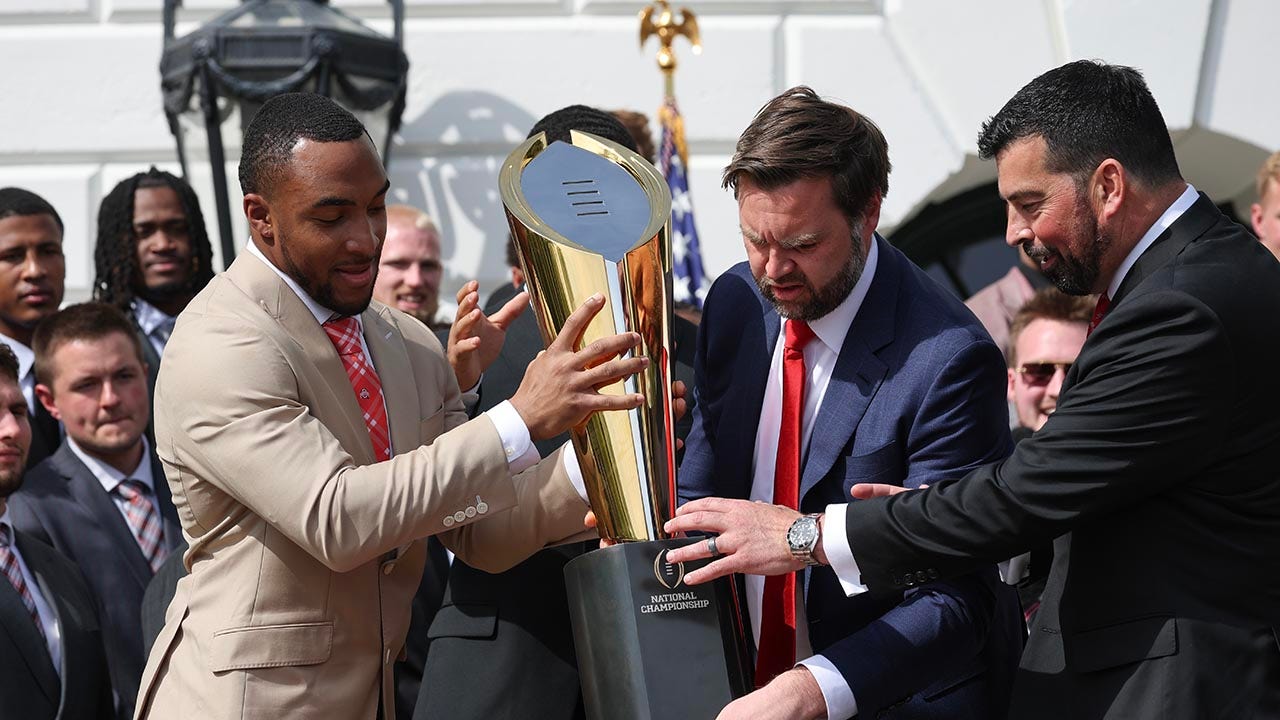A big law firm that has come under attack by the Trump administration filed court papers on Tuesday seeking to permanently block an executive order that threatens its businesses and ability to represent clients in matters involving the federal government.
The firm, Jenner & Block, filed the papers in federal court in Washington a little over a week after a judge approved a temporary restraining order against most of the provisions in the executive order.
In its filing, Jenner & Block said that the executive order was “a plain violation of the First Amendment” and that it punished the firm for representing clients President Trump did not like.
WilmerHale, another large law firm targeted by Mr. Trump, is expected to file its own action to oppose the administration’s order against it.
The executive orders signed by Mr. Trump treat the law firms as national security risks. They would make it almost impossible for the firms to represent companies with government contracts or in need of regulatory approvals, and would prevent lawyers from even entering federal buildings — including courthouses.
The filing by Jenner & Block is a motion for a summary judgment, meaning the firm is asking the judge presiding over its case to decide, without a trial, whether the order is constitutional and enforceable.
The Trump administration has focused on firms that were involved in investigations of Mr. Trump and his first administration or that employ lawyers who have been critical of the president.
The executive orders have been widely denounced as fundamentally limiting the ability of companies and individuals to hire any lawyer they please. But the legal profession has been hotly divided over how to respond to Mr. Trump, with several big law firms, including Paul, Weiss, Rifkind, Wharton & Garrison, cutting deals with the White House to avert a court battle. Those that have settled have said it was necessary to prevent big corporate clients from fleeing to other firms.
One provision of the deals is that the firms will perform free legal work for causes the president supports. In effect, those firms are agreeing not to support public interest groups challenging administration policies.
Some have pointed out that there have been no official government proclamations about the White House’s deals with Skadden, Arps, Slate, Meagher & Flom; Willkie Farr & Gallagher; and Milbank. Rather, the agreements have been mentioned mainly in posts by Mr. Trump on his social media platform, Truth Social — making it unclear how binding they are.
In its court filing, Jenner & Block said firms that had settled with the president had gone to him on “bended knee,” adding that the deals “advance not the interests of their own clients, but instead the government’s chosen agenda.”
At a White House event on Tuesday, Mr. Trump suggested that some law firms that settle with the administration could be called on to help negotiate trade deals with countries he hit with tariffs. “We’re going to have to use those, those great law firms, I think, to help us with that,” he said.
The same federal court has also received at least half a dozen amicus briefs in support of Perkins Coie, the first law firm to sue the Trump administration over an executive order that threatened its ability to represent clients. The latest were filed on Monday by a group of professional bar associations and the NAACP Legal Defense and Educational Fund Inc.
Last week, an amicus brief signed by 500 law firms was filed in the matter. But only a handful of the nation’s largest law firms signed on, leading to criticism that Big Law is unwilling to take a public stand against the Trump administration.
The brief filed by the bar associations said Mr. Trump’s executive order against Perkins Coie was intended to “discourage other lawyers from daring to provide legal advocacy of which the president disapproves.”















































